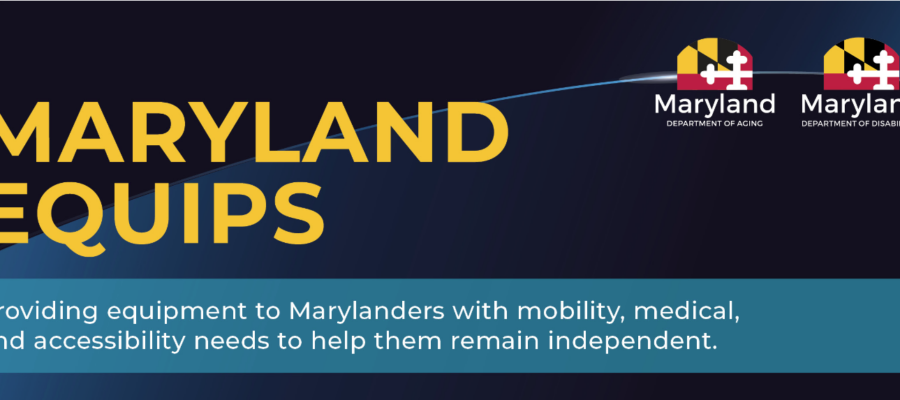Navigating Financial Caregiving Options for Older Americans
Introduction
As older Americans age, the need for financial caregiving becomes increasingly important. There are two types of financial caregivers: Informal and Formal Caregivers.
Part 1 in this series will explore informal caregivers and the options available in managing finances for seniors and resources for preventing elder financial abuse. Understanding these options is crucial to ensuring the financial well-being of our seniors.

Informal Caregivers
Informal caregivers are often family members or friends who take on the responsibility of managing an older individual’s finances. This can include paying bills, managing investments, and handling everyday financial matters. While informal caregivers may have the best intentions, it’s essential to establish clear communication and boundaries to avoid potential conflicts and financial challenges.
Informal Caregivers can be grouped into three categories:
Conversation Partner
A conversation partner enables you to share an overview of your finances with a trusted person. This person could be a relative, friend, or professional, and you have a choice not to disclose all your financial details. For instance, you can invite your trusted friend or relative to accompany you during visits to your banker or financial advisor. Alternatively, you might request that your banker or broker send copies of your financial statements directly to your adult child or accountant. This collaborative approach fosters transparency and informed decision-making.
Trusted contact person
A trusted contact person can be added to brokerage accounts, and some banks may offer a similar feature. This arrangement allows the financial institution to reach out to the trusted contact under specific circumstances, such as suspected scams or unusual activity. Importantly, trusted contacts do not have direct access to your funds. They serve as an additional layer of protection and communication for your financial well-being.
Convenience account
A convenience account, also known as an “agency account,” allows you to designate someone who can assist with depositing, withdrawing money, and writing checks on your behalf. Unlike a joint account, a convenience account does not alter ownership of the funds within it or grant your helper any rights to the money upon your passing. The money in a convenience account remains solely yours.
Conclusion
In conclusion, navigating financial caregiving options for older Americans requires careful consideration and planning. Whether it’s through informal or formal caregivers, selecting the right individual or firm, managing finances, or preventing elder financial abuse, it’s essential to prioritize the financial well-being of our seniors. By utilizing the resources available and making informed decisions, we can help ensure that older Americans receive the support and protection they deserve.



